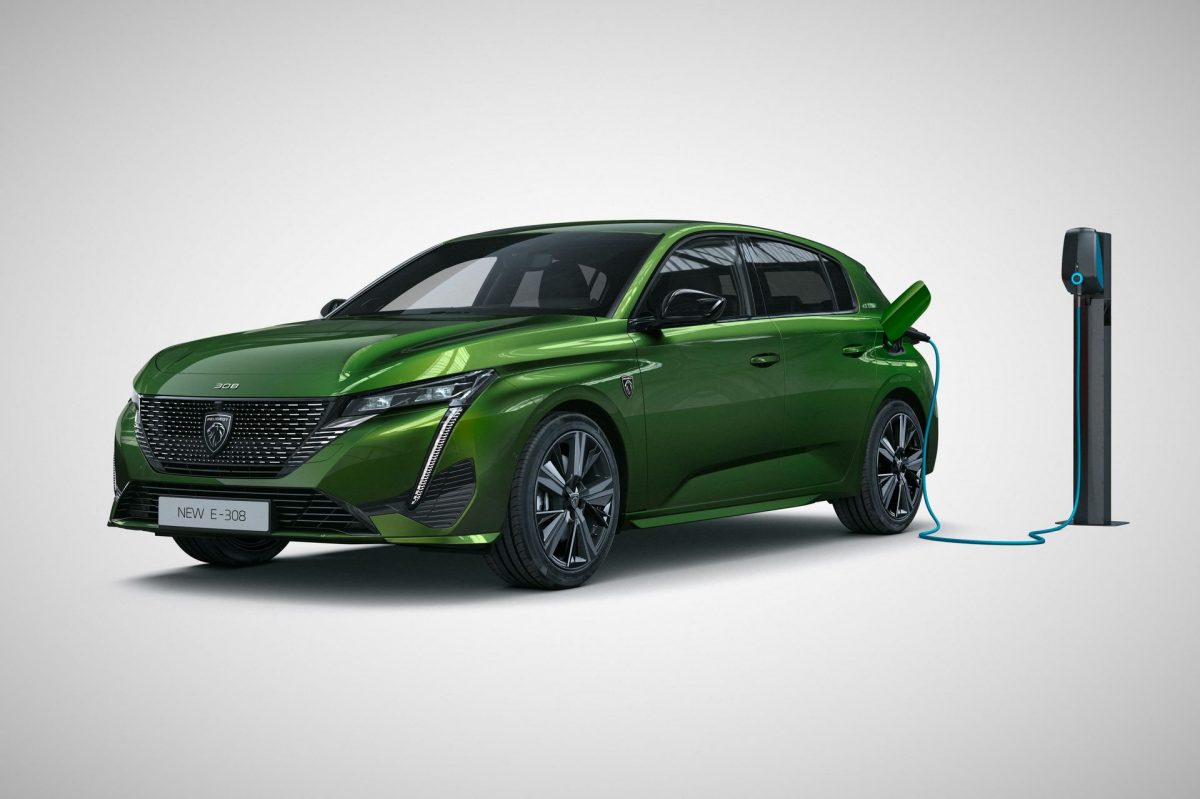Economy and business
The Franco German EV car crisis is caused also by Macron

Faced with the cost to the budget, Germany said no to aid for the green transition and the electric vehicle market collapsed. Does France still have the means to implement its incentive policy, given the slippage in its public accounts? At the same time, it wants to force companies to make their fleets greener, after withdrawing green subsidies.
France always thinks , under all conditions, that it is on the side of the right, even if que this appears presumptuous. Blaise Pascal claimed that the French thought that “truth under the Pyrenees, error beyond.” Especially when the situation underlying this truth is artificially maintained. This is the case with electric cars, and reading the latest vehicle sales statistics released by the European Automobile Manufacturers Association (ACEA) is full of lessons learned.
While sales of electric cars in the European Union increased by a “modest” 9 percent in February 2024 compared to February 2023 (1.1 points less than the market as a whole), reaching 106,000 units, the market share of electric cars remained stable at 12 percent. An increase on the one hand, stagnation on the other?
The reason lies in the wide disparities between the two countries, which account for slightly more than half of all electric car sales in the European Union: the increase in this type of engine in France was 31.8 percent (25,825 units), while in Germany the decline was heavy: -15.4 percent (27,479 units) and, strangely, diesel is even gaining strength: +9.7 percent.
The reason is the end of subsidies for the purchase of electric cars in Germany at the end of December. Until then, motorists could expect to receive up to 6,750 euros from the state. The federal government’s plan was to reduce these subsidies to 4,000 euros and maintain them until the end of 2024.
But the realities of public finances-and especially the Karlsruhe Constitutional Court’s injunction not to transfer a sum of 60 billion euros (tied to Covid debt) into a climate and economic transformation fund-have forced Berlin to scale back its green ambitions sooner than expected. “If you take away all the aid, everything collapses,” summed up one automotive industry professional laconically. Manufacturers have tried their best to substitute themselves for the state, but this is costing them dearly.
France is wielding both the carrot and the stick!
Moreover, in the context of an economic slowdown, local budgetary issues are beginning to take precedence over global aspirations for energy transition and carbon neutrality. What is happening in Germany has been seen elsewhere. In one of its notes, Treco, a sub-directorate dedicated to the ecological transition attached to the French Treasury, showed how the countries pioneering the use of electric cars-Norway, Sweden, and Denmark-have been forced to turn off the spigot of subsidies (exemption from VAT, annual property tax, electricity tax, etc.) and to stop using them.
Truth beyond the Pyrenees, error below? For the time being, France continues, regardless of cost, to subsidize electric cars-the government was, however, forced to backtrack on the social leasing program, which cost an “insane amount of money,” to use an expression dear to Emmanuel Macron-with an ecological bonus of up to 7,000 euros, a conversion premium of up to 6,000 euros, a microcredit of 8,000 euros… In other words, carrots on one side, sticks on the other… with a bill presented by Renaissance party deputy Damien Adam to be debated in the Assembly on April 30 to “accelerate and control the greening of car fleets” (half of the French market). Recall that Renaissance is Macron’s paritto and pursues his policies with discipline.
A 2019 law already obliged companies to do so (10% of the fleet by 2022, 20% by 2024, 40% by 2027, and 70% after 2030). But Damien Adam noted that given the “lack of control mechanisms and penalties, the law is not being followed.” He therefore proposed tightening it by increasing the percentage of electric cars in company fleets by 10% each year, to reach 90% by 2032. He issued the threat of a fine representing up to 1 percent of company turnover (this would affect nearly 3,500 companies) based on a progressive penalty ranging from 2,000 euros per missing vehicle in 2025 to 5,000 euros in 2027. “On paper, this is not necessarily a bad idea, because it would allow electric cars to be reintroduced to the used car market and ultimately lower prices for private customers,” explains one consultant.
And here we are facing the squaring of the circle, unless we call it a racket pure and simple: as of February 12, 2024, the ecological bonus applied to the purchase of private cars for corporate entities has been abolished. In other words, French companies will have to pay full price for their electric cars. However, French and German cars are very expensive, while Chinese cars cost much less. Even the cheapest European brand electric car, the Dacia Spring, is built in China! If the government wanted fleets to buy Chinese vehicles, it wouldn’t do it any other way,” the automotive professional continues. China is already the largest exporter of cars in the EU and , with this aid, will wipe out the European industry, unable, so far, to produce affordable electric cars. Macron is hurting himself






